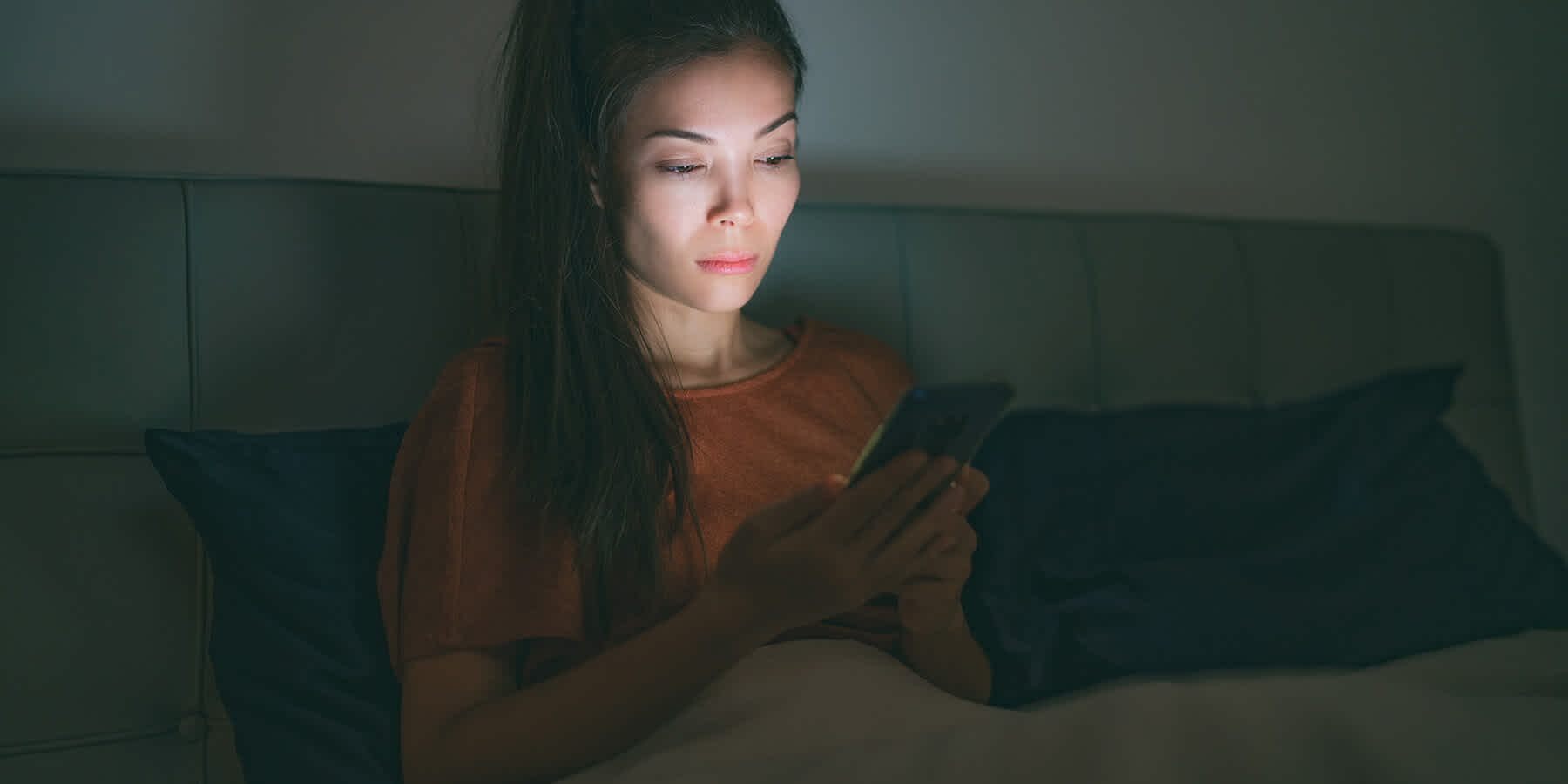
Insomnia is a common sleep disorder characterized by difficulty falling asleep, staying asleep, or waking up too early and being unable to return to sleep. This condition can lead to daytime fatigue, mood disturbances, and cognitive impairment, significantly affecting a person’s quality of life. Treating insomnia effectively requires a comprehensive approach that addresses both the underlying causes and the symptoms. This article explores various treatment options for insomnia, including lifestyle changes, cognitive-behavioral therapy, medication, and alternative therapies.
Lifestyle Changes
Lifestyle modifications are often the first step in treating insomnia. These changes can help establish a healthy sleep routine and improve sleep quality.
Sleep Hygiene
Sleep hygiene refers to practices that promote consistent, uninterrupted sleep. Key components of good sleep hygiene include:
-
Maintaining a Regular Sleep Schedule: Going to bed and waking up at the same time every day helps regulate the body’s internal clock.
-
Creating a Restful Environment: The bedroom should be quiet, dark, and cool. Investing in a comfortable mattress and pillows can also make a significant difference.
-
Limiting Screen Time: The blue light emitted by phones, tablets, and computers can interfere with melatonin production, a hormone that regulates sleep. Avoid screens at least an hour before bedtime.
-
Avoiding Stimulants: Caffeine, nicotine, and alcohol can disrupt sleep. It’s advisable to avoid these substances, especially in the hours leading up to bedtime.
-
Physical Activity: Regular exercise can help improve sleep quality. However, vigorous exercise close to bedtime might have the opposite effect.
Cognitive-Behavioral Therapy for Insomnia (CBT-I)
Cognitive-behavioral therapy for insomnia (CBT-I) is considered the first-line treatment for chronic insomnia. CBT-I addresses the thoughts and behaviors that contribute to sleep problems and is typically administered by a trained therapist over several sessions.
Components of CBT-I
-
Cognitive Therapy: This aspect of CBT-I helps individuals identify and change negative thoughts and beliefs about sleep. For instance, the belief that one cannot function without a full eight hours of sleep can create anxiety that exacerbates insomnia.
-
Sleep Restriction: This technique involves limiting the time spent in bed to the actual amount of sleep one gets. This can help increase sleep efficiency over time.
-
Stimulus Control: This method aims to strengthen the bed-sleep association. It involves going to bed only when sleepy, getting up if unable to sleep within 20 minutes, and using the bed only for sleep and sex.
-
Relaxation Techniques: Methods such as progressive muscle relaxation, deep breathing exercises, and mindfulness meditation can help reduce pre-sleep anxiety and promote relaxation.
Medication
While medication is not typically the first choice for treating chronic insomnia, it can be useful for short-term relief or in combination with other treatments.
Types of Medications
-
Prescription Sleep Aids: Medications like zolpidem (Ambien), eszopiclone (Lunesta), and temazepam (Restoril) are commonly prescribed. These drugs can be effective but carry the risk of dependence and side effects.
-
Over-the-Counter Options: Antihistamines like diphenhydramine (Benadryl) are sometimes used as sleep aids, although they are not recommended for long-term use due to potential side effects such as daytime drowsiness.
-
Melatonin Supplements: Melatonin is a hormone that regulates sleep-wake cycles. Supplements can be helpful for certain types of insomnia, particularly those related to circadian rhythm disorders.
Alternative Therapies
Several alternative therapies can complement traditional treatments for insomnia. While scientific evidence supporting their efficacy varies, many people find them beneficial.
Herbal Remedies
-
Valerian Root: Often used as a natural remedy for insomnia, valerian root may improve sleep quality, although research results are mixed.
-
Chamomile: Chamomile tea is a popular home remedy believed to promote relaxation and sleep.
Acupuncture
Acupuncture, a traditional Chinese medicine practice, involves inserting thin needles into specific points on the body. Some studies suggest that acupuncture can help improve sleep quality and reduce insomnia symptoms, possibly by affecting the nervous system and promoting relaxation.
Aromatherapy
Using essential oils such as lavender and chamomile in aromatherapy can create a calming environment conducive to sleep. These oils can be diffused in the bedroom or added to a warm bath before bed.
Addressing Underlying Conditions
Insomnia can be a symptom of other health issues, including mental health disorders like depression and anxiety, chronic pain, and medical conditions such as sleep apnea and restless legs syndrome. Treating these underlying conditions can often improve sleep.
Mental Health Disorders
Anxiety and depression are commonly associated with insomnia. Addressing these conditions through therapy, medication, or a combination of both can help alleviate insomnia symptoms.
Chronic Pain
Chronic pain can significantly disrupt sleep. Effective pain management strategies, including physical therapy, medications, and lifestyle changes, can help improve sleep quality.
Sleep Apnea
Sleep apnea is a condition where breathing repeatedly stops and starts during sleep. Continuous positive airway pressure (CPAP) therapy, lifestyle changes, and, in some cases, surgery can help manage sleep apnea and improve sleep.
Behavioral and Environmental Adjustments
Sometimes, making small adjustments in daily habits and the sleep environment can significantly impact sleep quality.
Diet and Nutrition
-
Balanced Diet: A diet rich in fruits, vegetables, lean proteins, and whole grains can support overall health and improve sleep.
-
Avoid Heavy Meals Before Bed: Eating large or spicy meals before bedtime can cause discomfort and indigestion, disrupting sleep.
-
Hydration: Staying hydrated throughout the day is important, but excessive fluid intake before bed should be avoided to prevent nighttime awakenings.
Daylight Exposure
Exposure to natural light during the day helps regulate the body’s circadian rhythms. Spending time outdoors, especially in the morning, can improve sleep quality at night.
Conclusion
Treating insomnia effectively requires a multifaceted approach that addresses both the symptoms and underlying causes of the condition. Lifestyle changes, cognitive-behavioral therapy, medication, and alternative therapies can all play a role in improving sleep quality. It is essential to identify and manage any underlying health issues contributing to insomnia. By adopting healthy sleep habits, addressing cognitive and behavioral factors, and exploring both conventional and alternative treatments, individuals can find relief from insomnia and achieve restorative sleep. Always consult a healthcare professional before starting any new treatment regimen to ensure it is appropriate for your specific situation.






